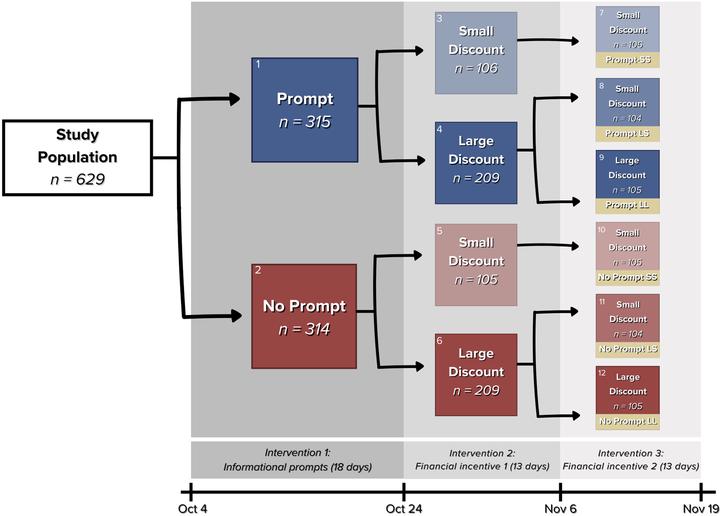Electric Vehicle Charging at the Workplace: Experimental Evidence on Incentives and Environmental Nudges

Abstract
To minimize the environmental impact of electric vehicles (EVs) and support decarbonizing electric grids, drivers must charge their EVs when renewable energy generation is abundant. To induce a shift in charging behavior toward daylight hours with abundant solar energy, we conducted a field experiment (n = 629) at a large university campus to measure the influence of informational and financial incentives on the usage and timing of workplace charging. While neither intervention affected total charging, they induced opposite temporal shifts. Receiving information about the climate benefits of daytime charging induced a transition from early to later morning, whereas receiving larger financial incentives to charge on campus prompted a shift from daytime to overnight and early morning charging. We identify high network utilization as a possible mechanism that causes increased competition for chargers and earlier arrival times during the financial discount period. The results show substantial heterogeneity among subgroups in temporal shifts, with those having high flexibility to change daily schedules (e.g., students, residents) primarily shifting the timing of their charging. Our findings highlight the importance of informational nudges, network capacity, and driver demographics for crafting sustainable charging policies.